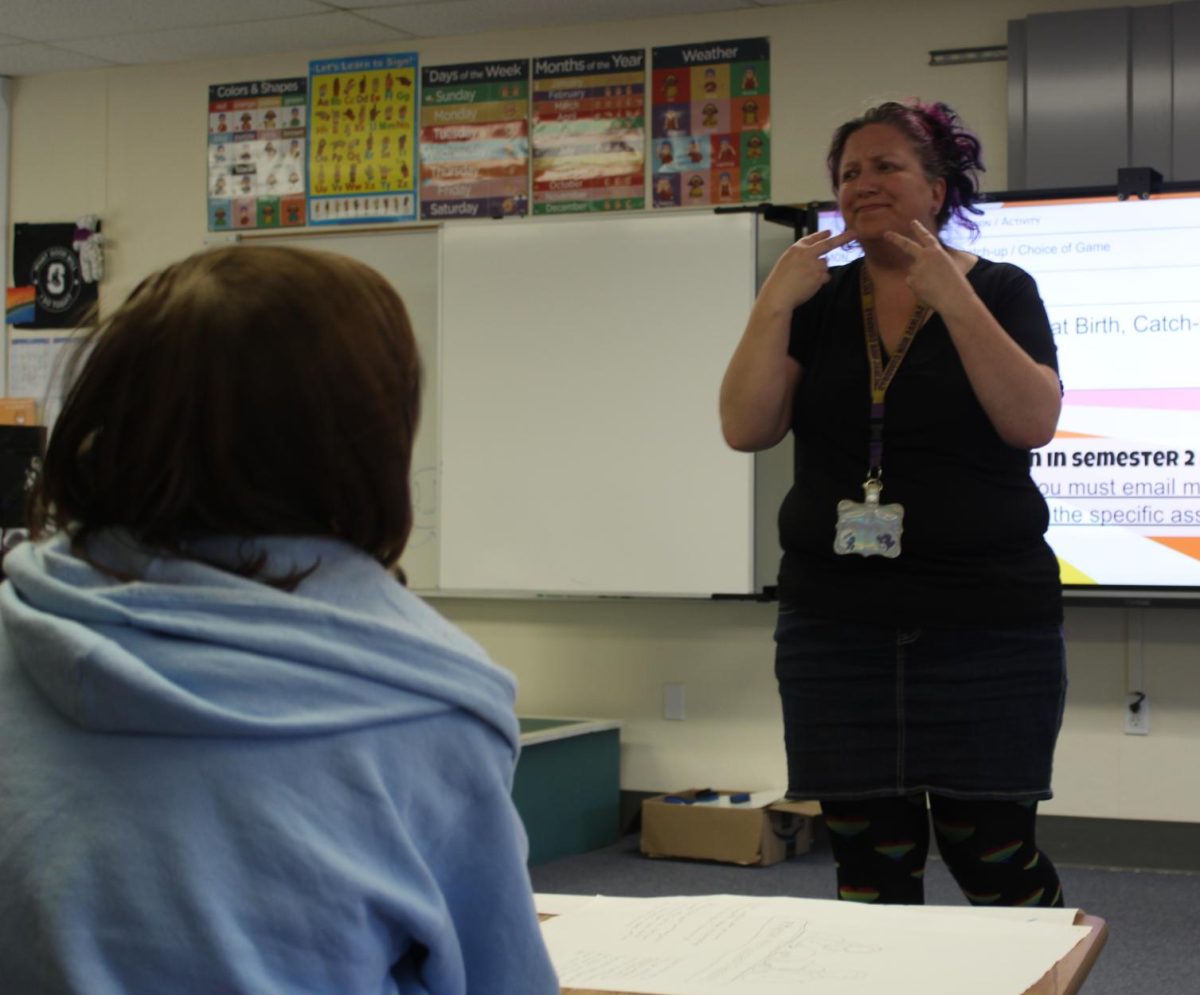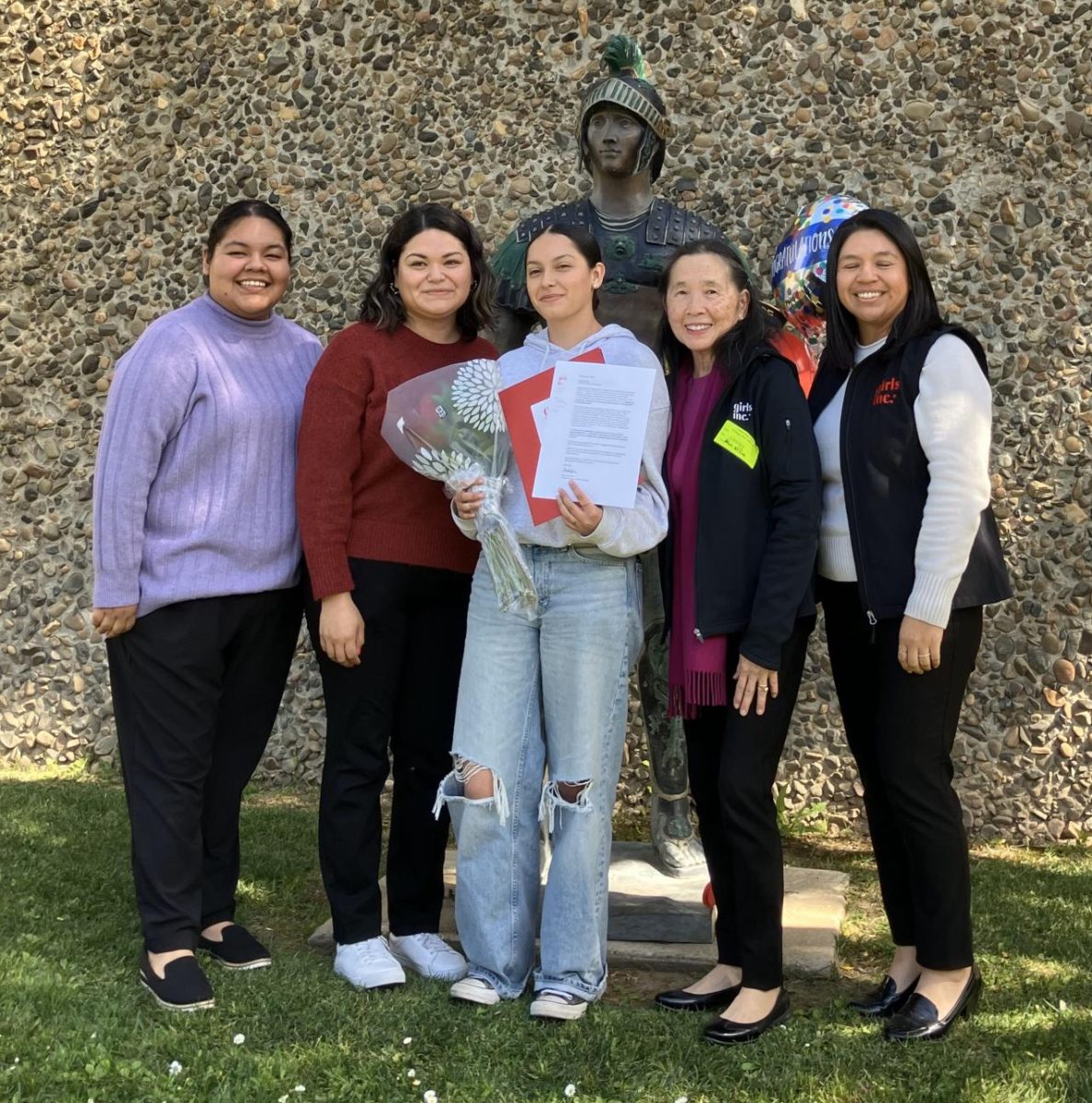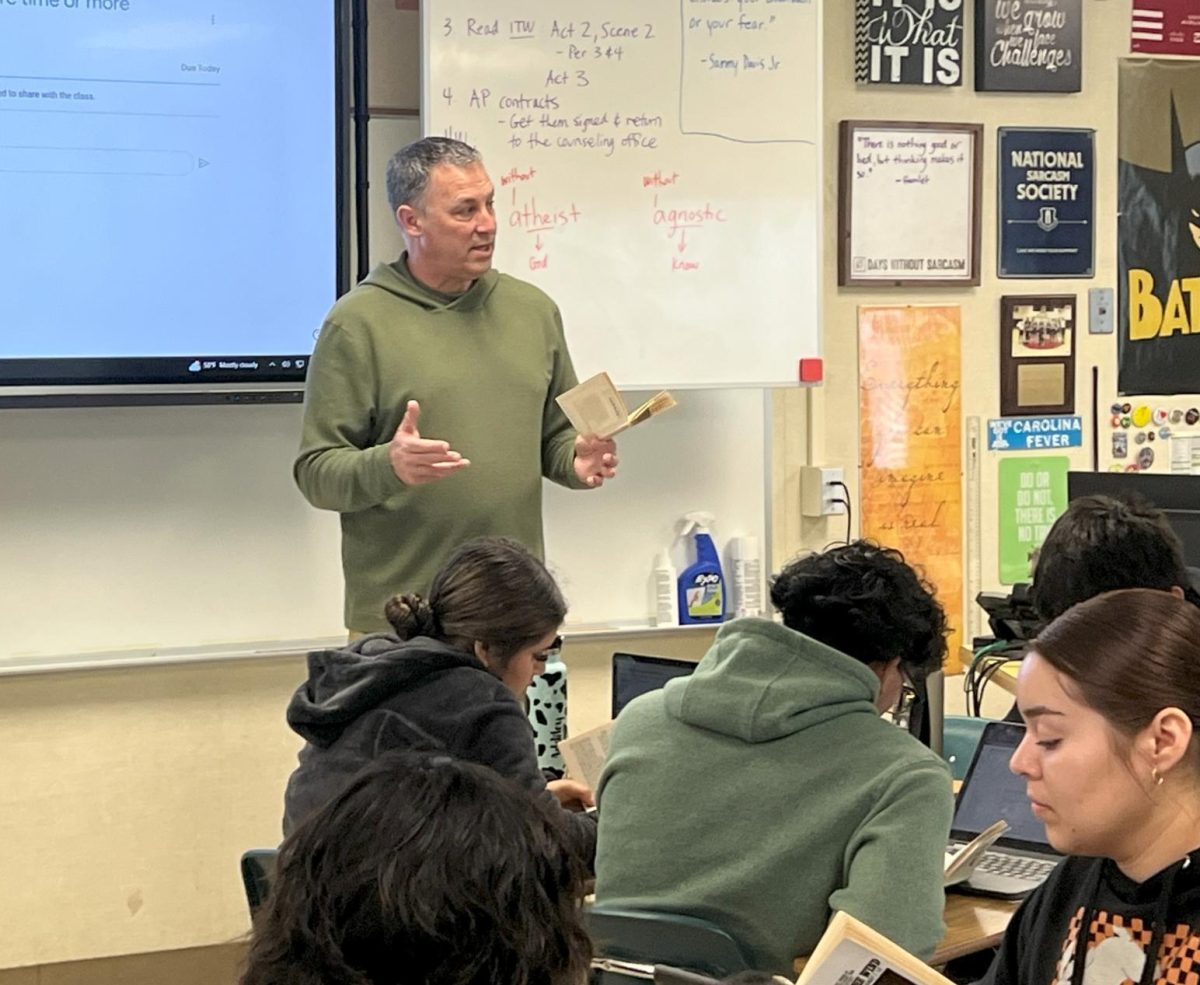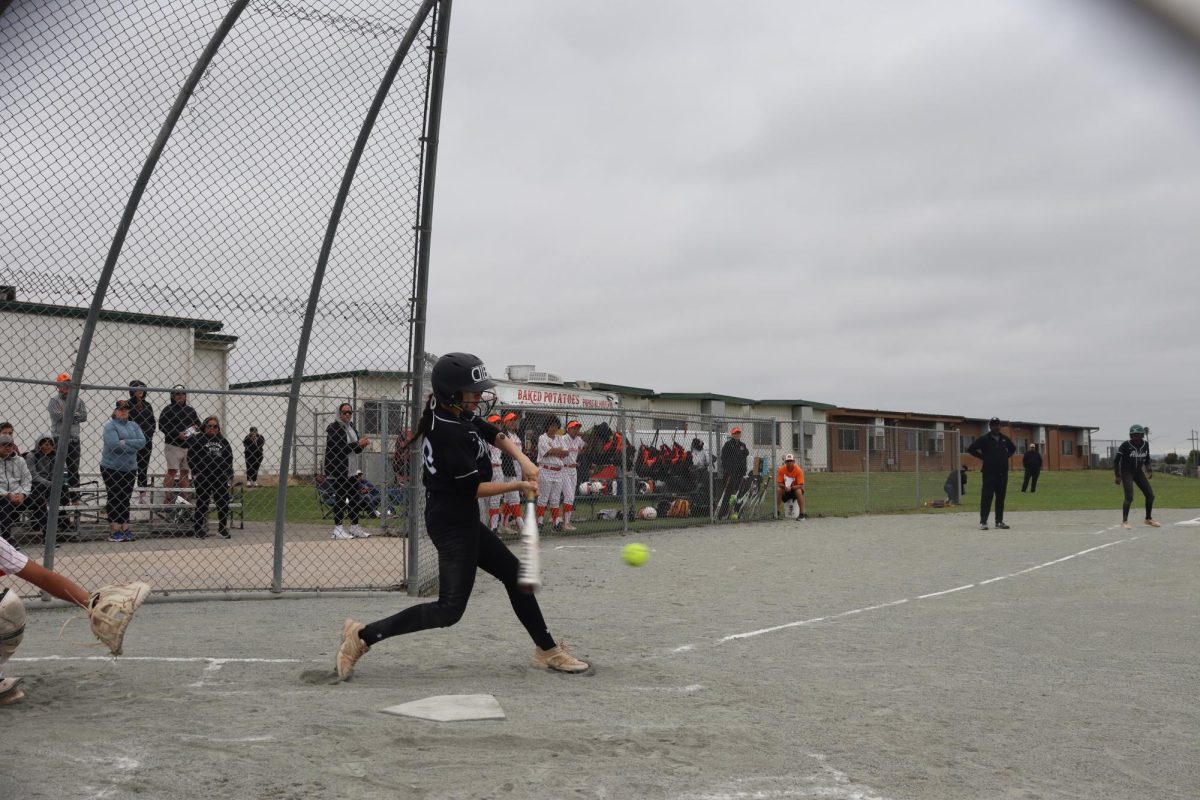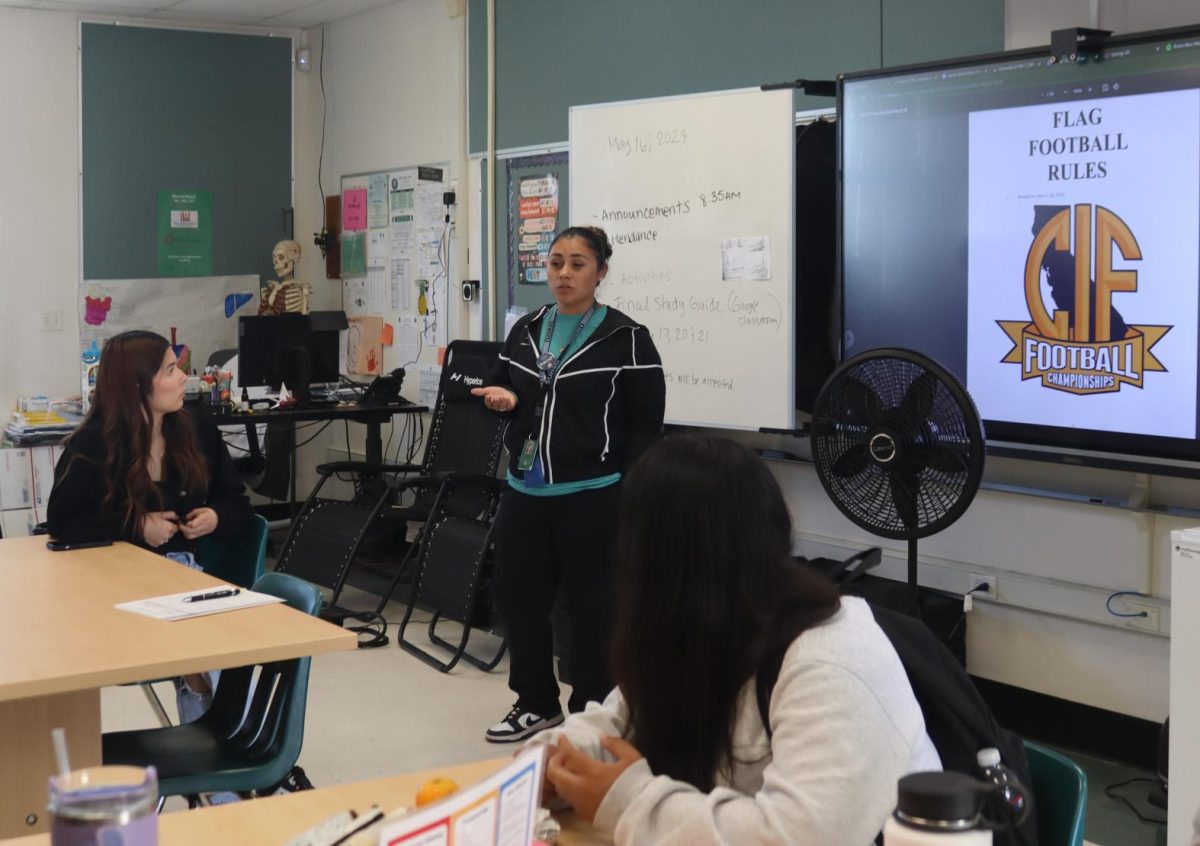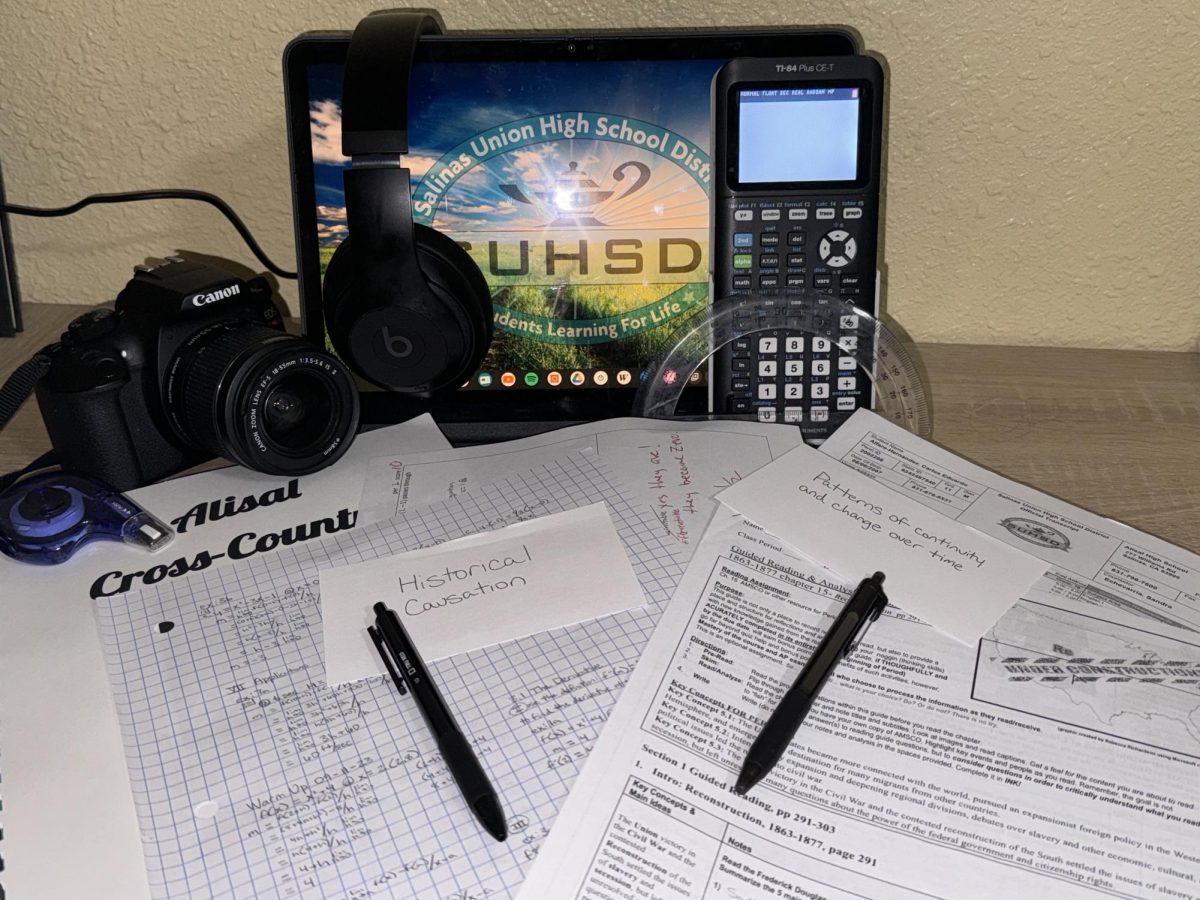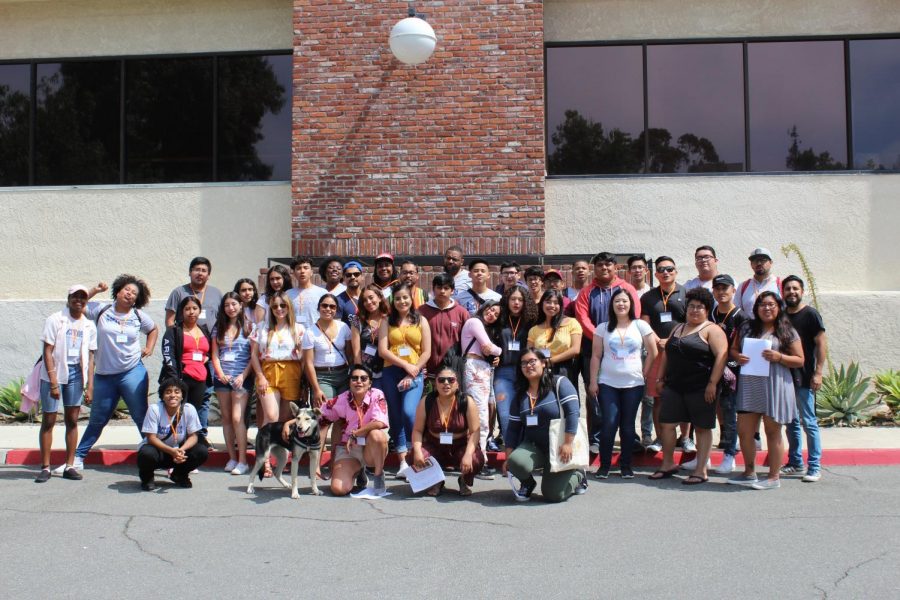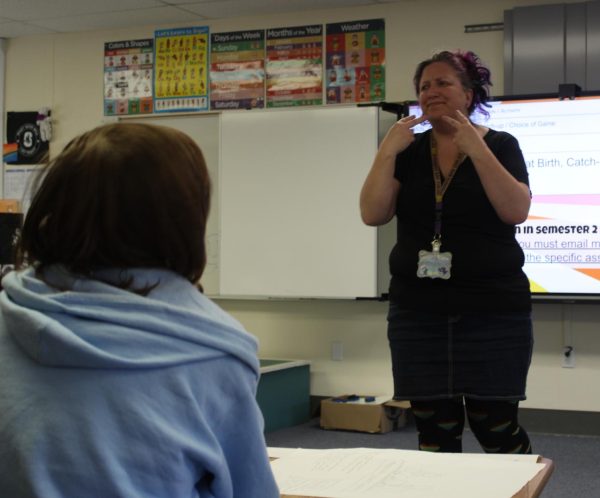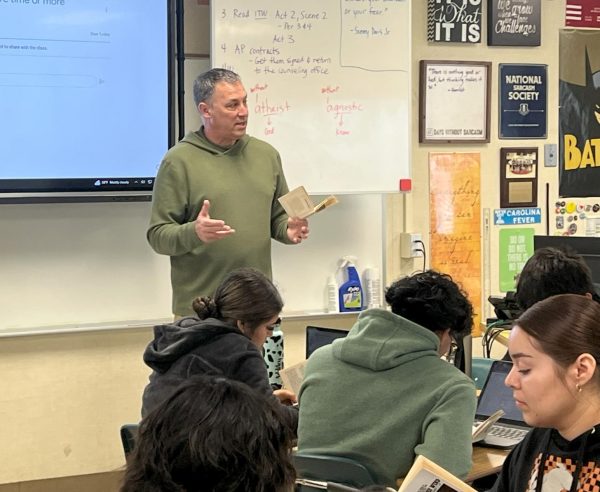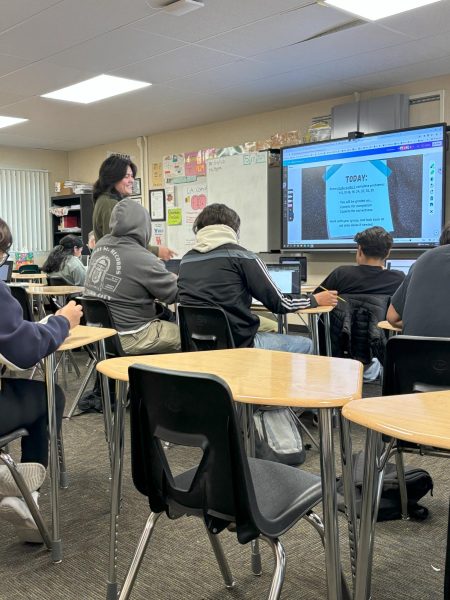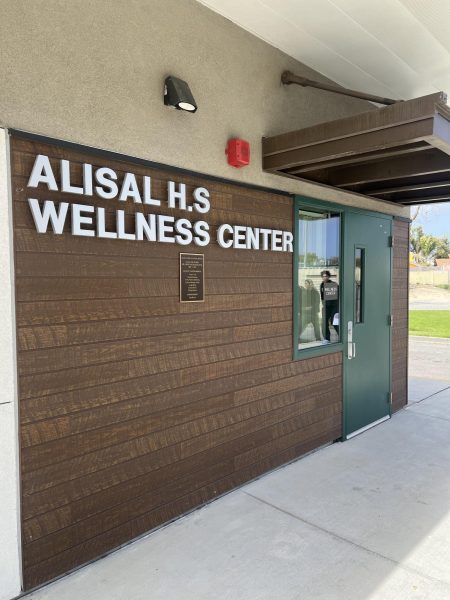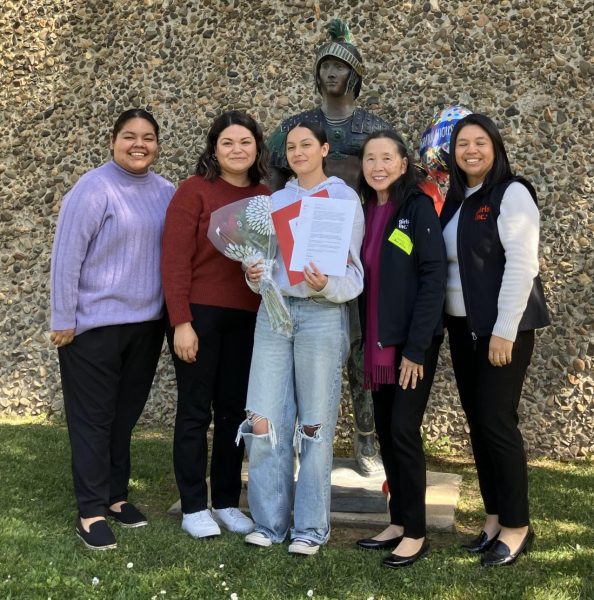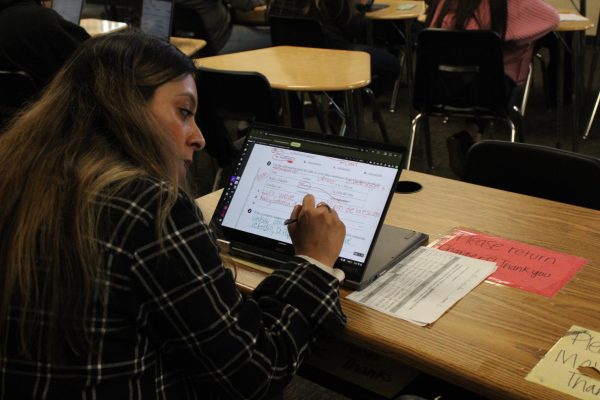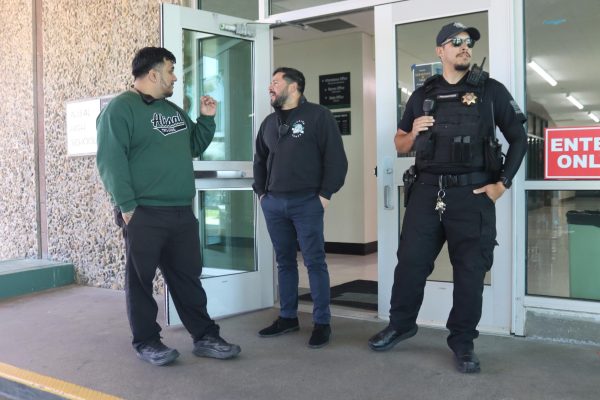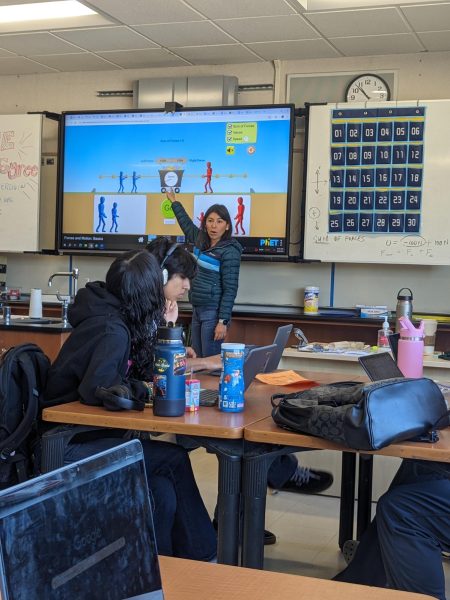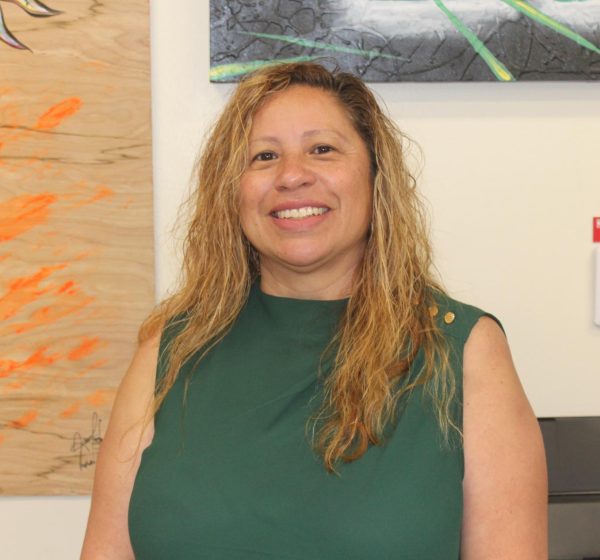Youth strive to implement more emotional support resources on campus
At the Building Healthy Communities (BHC) youth exchange in Santa Ana, La Cosecha youth had the opportunity to learn about community activism alongside BHC staff from Santa Ana, Sacramento, and Del Norte.
One thing about Alisal and the community as a whole is that the people in it have strong minds and big hearts when it comes to making positive changes around the city. That is exactly what youth in La Cosecha: Youth Harvesting Knowledge, a community program, do. The program is under the supervision of Building Healthy Communities – East Salinas (BHC), a community organization dedicated to improving the quality of life of East Salinas residents through various programs. La Cosecha focuses on topics such as the struggles to afford housing, the lack of healthcare for all Salinas residents, and most importantly, on the lack of social and emotional support resources available in our high schools. From forum theatre to surveys, youth from Alisal, Everett Alvarez, North Salinas, and Salinas high school find ways to inform the public of what is going on in their city.
What mainly caught the group’s attention is the lack of emotional support resources available on campuses, since they are experiencing firsthand what that is like. Although students do have someone to talk to on campus, there is a limit of having one person for all the students who are in need of support. Here at Alisal, students can talk to Emotional Support Counselor, Lorena Ruiz, who focuses on providing emotional support to those who need it. She introduces coping skills for students who may be stressed and overwhelmed with school or personal matters. “I do wish there was more counseling because students need to know that there is support here.” Ruiz believes that the more help there is, the better and that one can never have too much support. “We do have a lot already, but adding more can be beneficial to the students.” This, of course, brings up the discussion of needing a wider range of resources at our schools.
A heartfelt performance by these youth is an act titled “Violencia Silenciosa” which translates to “Silent Violence” in English. They portray a scene in which a household is falling apart, a young person is shot, and people are grieving around the body. The role that is seen as the center of attention is that of a student who just lost their friend and somehow has to carry on with their life, including going to school. This is where the image of emotional struggle comes in, focusing specifically on the fact that students are sent home from school whenever they begin to feel sick or upset in any way, rather than working out the situation on campus.
The group had the chance to perform this scene at a BHC youth conference hosted by the BHC Staff in Santa Ana, California. Youth and adults from Santa Ana, Sacramento, and Del Norte were the first group to see the performance and speak their thoughts. It did not take long for people to point out the problems in the scene and it took even less time for them to realize that those are also problems they have in their cities. “It was very emotional even for me realizing how truthful and realistic this scene actually was after noticing one of the coordinators crying and listening to her story,” says Juana Alvarez, a senior at Everett Alvarez High School, “It also really hit home and was a point of reflection as I began to think about how it wasn’t something that was only happening in our community but other communities as well.” The instant connection between the youth called for further changes to be done, and so they decided to take things further once they arrived in Salinas.
The students decided they would talk to Salinas Union High School District’s Superintendent, Dan Burns. During the meeting, Burns got the opportunity to listen to their concerns and personal stories revolving around anxiety amongst teenagers, not having enough emotional support counselors at school, and trying to keep up with schoolwork while dealing with the loss of a friend. The purpose of doing so was to convince Superintendent Burns that emotional support resources should be implemented and enforced on high school campuses. “I personally think the meeting with Dan Burns went well even though we did not immediately achieve our goal. It was the beginning of something new that will have a greater impact in the future,” says Miriam Gonzalez, a member of La Cosecha. The youth have set up a way to keep in contact with Burns and be able to move the process forward.
Your donation will support the student journalists of Alisal High School. Your contribution will allow us to purchase equipment and cover our annual website hosting costs.


